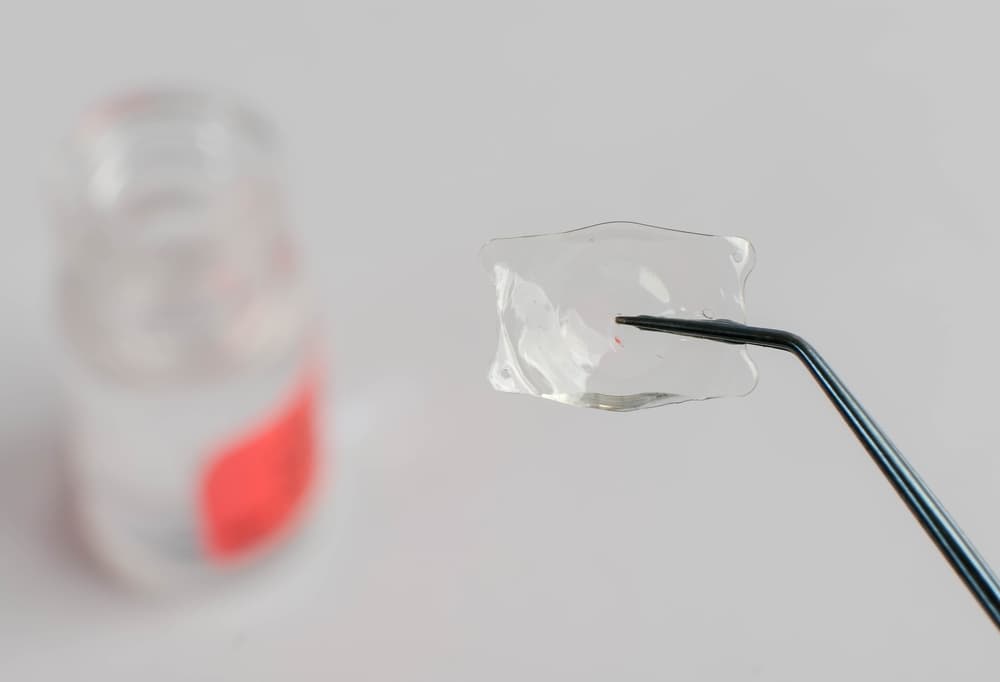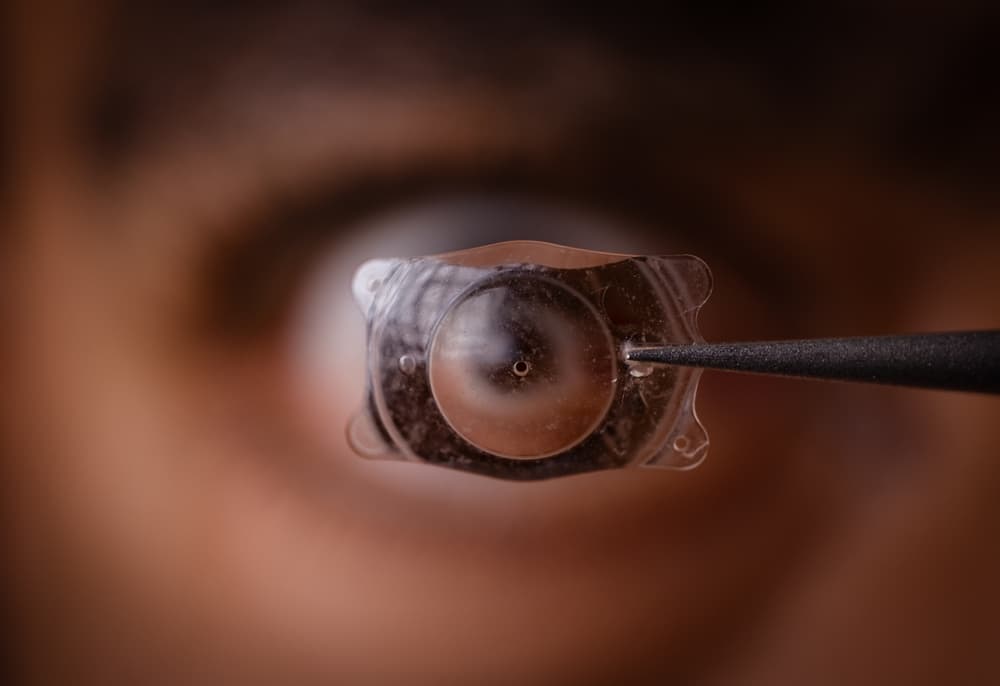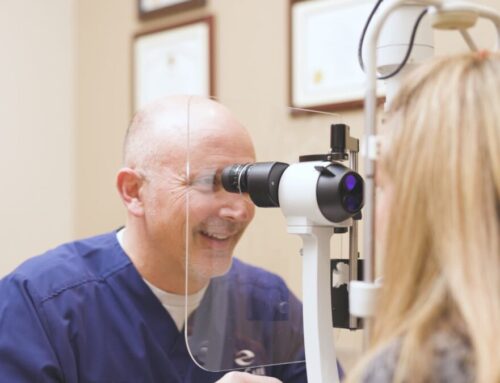When deciding between ICL and LASIK, the choice ultimately depends on individual factors. Each procedure has advantages, making one more suitable for certain patients based on their needs. There are various differences between the two, including the type of laser used and the amount of tissue removed.
There is no correct answer to which of these procedures to choose, as both have advantages and disadvantages. In this article, we will guide you through the differences between ICL and LASIK so you can make an informed decision.
ICL Eye Surgery vs. LASIK: Key Differences
In vision correction, the paths of ICL and LASIK diverge. ICL and LASIK are advanced laser eye surgeries that offer a permanent solution for reshaping the cornea and correcting vision. By reducing your dependence on glasses and contact lenses, these procedures remarkably improve visual quality and convenience.
LASIK

Laser-assisted in situ keratomileusis (LASIK) has emerged as a groundbreaking advancement comparable to contact lenses for correcting refractive errors such as myopia (nearsightedness), hyperopia (farsightedness not due to aging), and astigmatism. This innovative procedure typically enhances eyesight to 20/40 or better by utilizing a laser to reshape the cornea through tissue removal precisely.
ICL

In contrast, ICLs are phakic intraocular lenses (IOLs) that function as permanent contact lenses, thereby preserving the cornea’s natural shape. This innovative procedure effectively corrects nearsightedness, both with and without astigmatism. Implanting these lenses through ICL surgery is a swift and straightforward process. Notably, Toric ICLs, a specific variant of IOLs, have received approval for treating advanced cases of myopic astigmatism.
Key Differences To Take into Consideration
| ICL | LASIK | |
| Condition Treated | Nearsightedness and astigmatism | Nearsightedness, farsightedness, astigmatism |
| Procedure Duration | 20 minutes per eye | 10 – 15 minutes per eye |
| Recovery Time | 1 day for clear vision; 1 month for full healing | 1 day for clear vision; 3 months for full healing |
| Possible Side Effects | Sensitivity to light, decreased night vision | Dry eyes, blurry vision |
| Risks | Overcorrection or under-correction of the visual defect, cataract formation | Overcorrection or under-correction of the visual defect, scarring from the flap |
Which One Is Safer?

When it comes to safeguarding your precious eyesight, ensuring safety is of utmost importance. While determining the most suitable corrective vision surgery for a patient, most doctors recommend LASIK over ICL surgery due to its lower risk profile. However, this doesn’t imply that ICL is never the best treatment option.
In certain situations, ICL surgery can be the preferred choice for patients who are not suitable candidates for LASIK and possess the appropriate ocular anatomy. Eye doctors generally acknowledge that ICL surgery can be a viable alternative for individuals who meet these criteria.
Leaders in Vision Correction in Reno, Nevada
Regardless of whether you choose LASIK or ICL surgery, you can be confident that you will benefit from a life-altering upgrade in vision quality with the right care and precision. Eye Care Professionals are leaders in vision correction, and with experienced ophthalmologists and optometrists on our team, you can be assured of an unsurpassed level of care.
Our commitment to excellence means you can rest easy knowing your eye health is safe. If you’re considering LASIK or ICL surgery, please book an appointment to speak to one of our specialists. We are here to help you make the most informed decision about protecting and preserving your vision. Get in touch with our specialists today!











